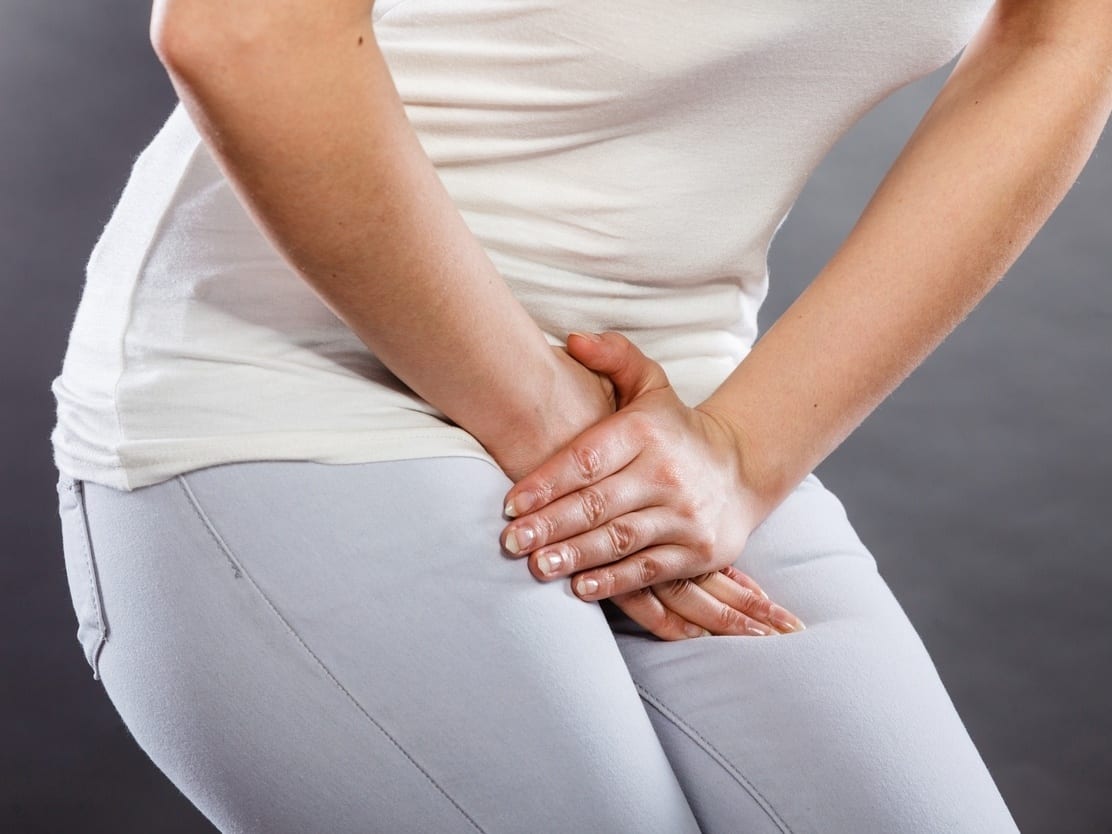Some diseases caused by fungi and bacteria can cause pain when urinating, the most common of which is urinary infections.
Many people believe that experiencing pain when urinating could be a sign of a urinary tract infection. However, other illnesses caused by a lack of healthy habits can also cause pain or discomfort. Such as benign prostate hyperplasia, inflammation of the uterus, bladder tumor, candidiasis or kidney stones, for example.
In short, inflammation in the urinary tract (the region where urine is produced, stored and expelled) is usually responsible for causing pain or burning when urinating. Also known as dysuria, it is a very common problem among women, especially during pregnancy. Although men and children can also develop the disorder.
Furthermore, in addition to pain, other symptoms such as burning, blood in the urine or even difficulty urinating may also appear. However, for an accurate diagnosis and adequate treatment, it is important to see a gynecologist, or in the case of men, a urologist. Finally, find out what the possible causes of pain when urinating are.
Pain when urinating: main causes
Feeling pain when urinating may indicate problems related to the urinary system, which may be caused by fungi, sexually transmitted infections or due to allergies to a product, among others.
1- Cystitis
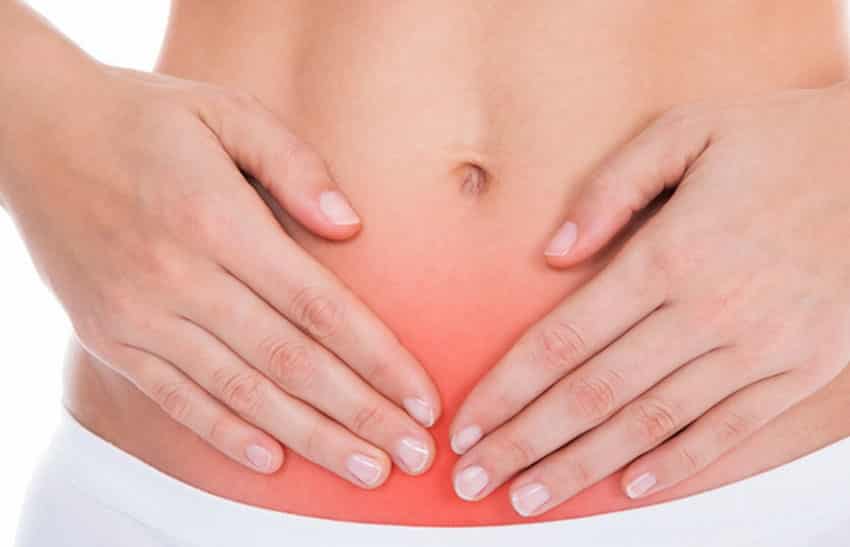
In short, one of the causes of painful urination is due to a urinary infection that affects the bladder, called cystitis. Furthermore, the symptoms include:
- Frequent urge to pee
- Ardor
- Presence of blood in urine
- Fever
- Discomfort
- Cloudy or dark urine
Finally, when you experience these symptoms, it is important to see a doctor. This way, after confirming the diagnosis, the doctor will be able to recommend appropriate treatment with the use of antibiotics to combat the infection.
2- Pyelonephritis
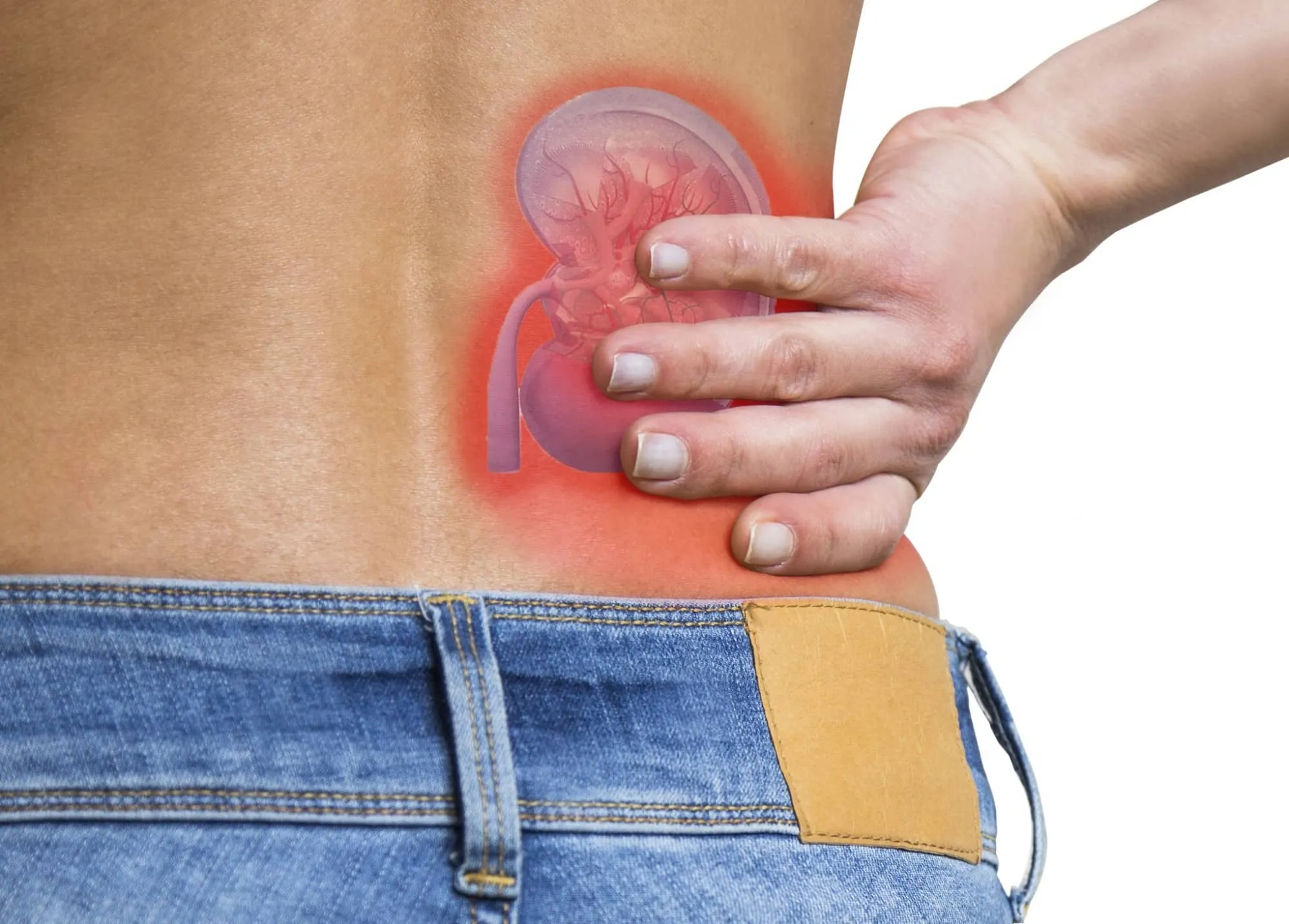
In the case of pyelonephritis, it is an infection of the kidneys caused by bacteria from the bladder. This results in inflammation and infection, and symptoms include:
- Fever
- Back pain
- Pain when urinating
- Bad-smelling urine
Finally, pyelonephritis is treated with the administration of antibiotics in accordance with medical advice. Furthermore, if it is not treated properly, complications may arise.
3- Pain when urinating: Urethritis

Furthermore, urethritis is a urinary infection that affects only the urethra. Thus, its symptoms are itching in the urethra and frequent urge to urinate. Finally, to avoid complications such as pyelonephritis, it is important to see a urologist to begin treatment.
4- Cervicitis and vulvovaginitis
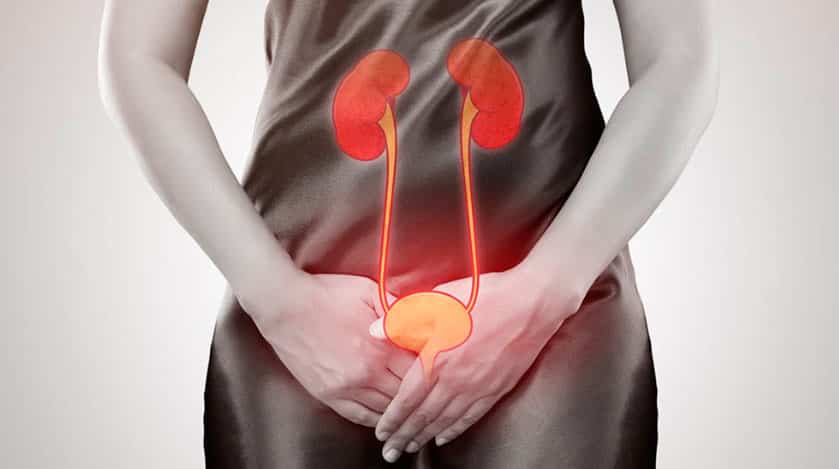
In short, it is inflammation of the uterus and vulva, caused by infections by fungi, viruses or bacteria. The symptoms are:
- Pain when urinating
- Yellowish discharge
- Fever above 38ºC
- Vaginal bleeding
Finally, when these symptoms appear, it is important to see a gynecologist to confirm the diagnosis and recommend appropriate treatment.
Therefore, depending on the cause of the inflammation, antibiotics, antifungals or antivirals are administered.
5- Pain when urinating: Kidney stones
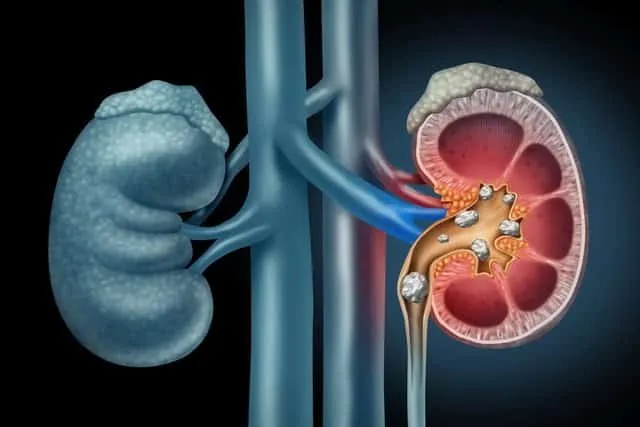
Also known as kidney stones, this is a stone-like mass that can form anywhere in the urinary system. Resulting in difficulty and pain when urinating, in addition, it can also cause pain in the lower back and the presence of blood in the urine.
Finally, in cases of kidney stones it is possible to eliminate them through urine. To do this, the patient needs to drink plenty of water. On the other hand, in some cases there may be a need to use medications that help relieve pain and eliminate stones. In some cases, surgery may even be necessary.
6- Urinary infection or dysuria
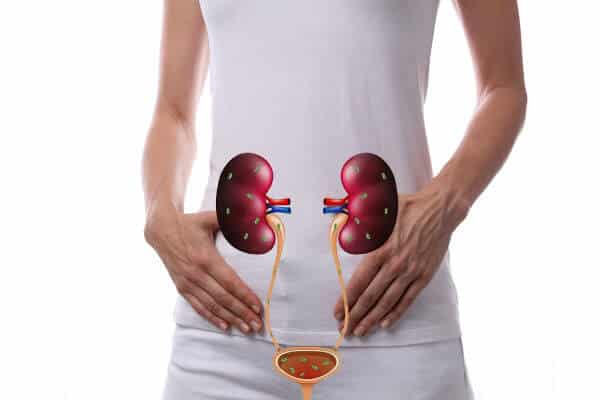
In short, urinary infection or dysuria consists of difficulty urinating. The symptoms are similar to inflammation or infection in the urethra. That is, in the channel through which urine passes when leaving the bladder.
Furthermore, although it occurs in men, this type of infection is more common in women due to the proximity of the urethra to the anus. This favors the entry of bacteria into the urine channel.
In men, it can happen due to poor intimate hygiene or after having anal sex without condoms. Finally, in the elderly, the occurrence of urinary infections may be related to prostate problems. Therefore, the symptoms include:
- Dor
- Burning
- Burning
- Sting
- Discomfort
- Bladder pain
- Dor and urethra
- Feeling of heaviness in the bladder, as if it were always full
- Difficulty holding pee
- Strong-smelling urine
7- Pain when urinating: Bladder stones
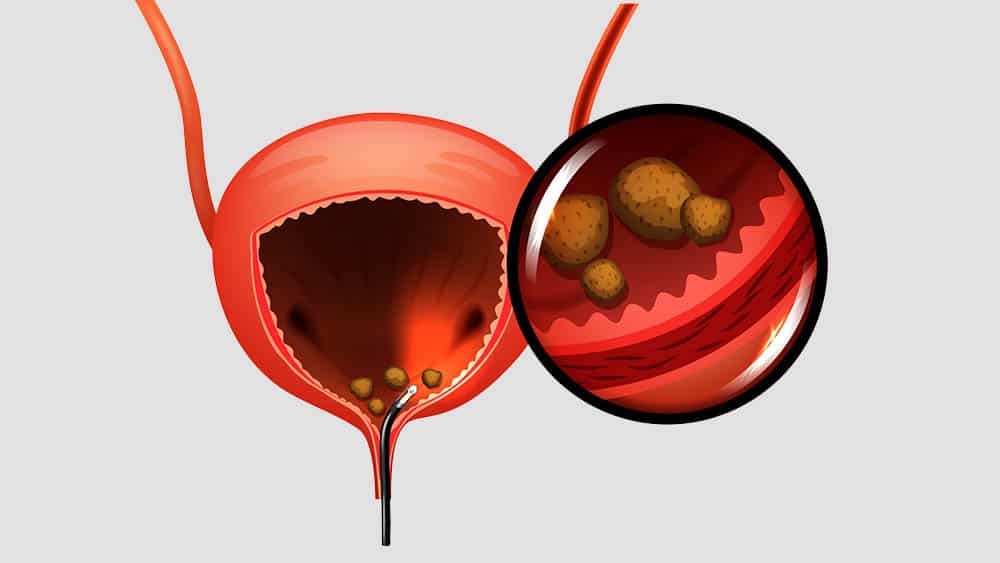
One of the reasons for painful urination is caused by bladder stones. There are even cases that are so large that they make it difficult to pass urine. Therefore, in addition to pain, it can also cause symptoms such as:
- Pain in the lower abdomen
- Urina safety
- Presence of blood in urine
- In men it also causes pain in the penis
Finally, it is important to see a urologist to carry out tests to determine the size of the stone and the most appropriate way to eliminate it. This can be through the use of medications that fragment the stone, favoring its elimination. Or through a surgical procedure.
8- Sexually transmitted infections
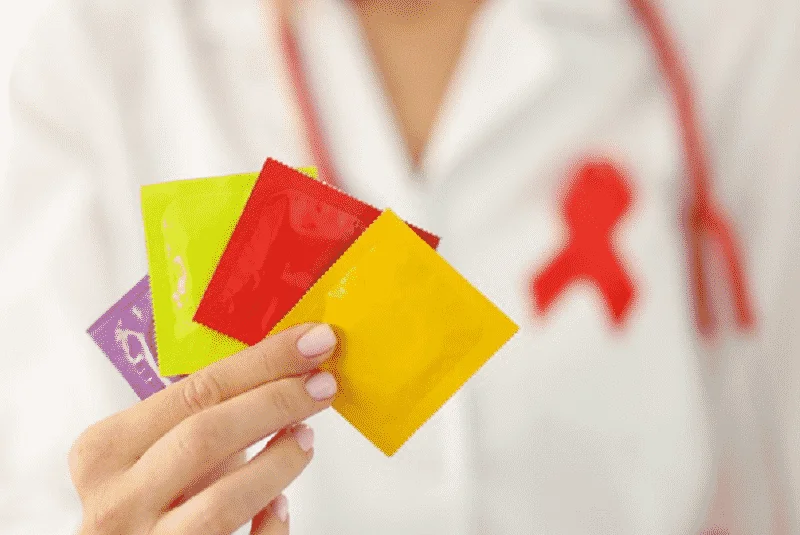
Sexually transmitted infections (STIs) such as gonorrhea or chlamydia, for example, also cause painful urination. Furthermore, it can occur in men and women, causing other symptoms such as:
- Yellowish or greenish discharge
- Burning in the urethra
- Fever
- Bad smell
- Bleeding
- Itching and sores in the genital region
Finally, when you experience these symptoms, consult a gynecologist. This way, tests will be carried out to identify the microorganism responsible for the infection. Consequently, the doctor will indicate the appropriate treatment.
However, to avoid the spread of any of these diseases, it is important to use condoms during every sexual encounter. Furthermore, it is recommended that the partner also undergo treatment, even if they do not show signs or symptoms of infection.
9- Pain when urinating: Candidiasis

Normally, when there is an excessive proliferation of fungi in the intimate region, candidiasis occurs. In short, candidiasis is more common in women due to the constant humidity in the intimate area.
However, it can also cause a weakening of the immune system, especially after colds or after taking antibiotics. And the symptoms are treated with medications and gynecological ointments.
In addition to pain when urinating, it also causes other symptoms, such as:
- Intense itching in the intimate region
- Redness
- Whitish discharge
- Burning when urinating
- Discomfort during intimate contact
10- Wounds on the genital organ
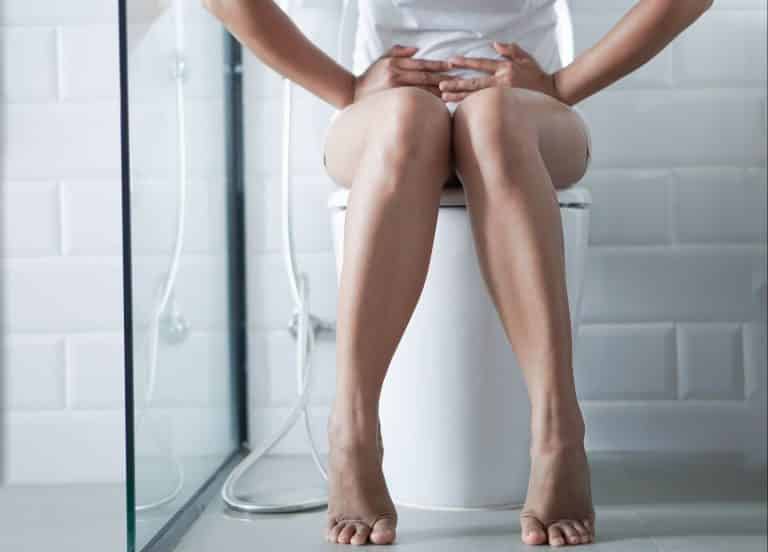
With the appearance of small wounds in the genital region, it ends up causing irritation, worsening with urine. In this way, it ends up causing burning or pain when urinating, and in some cases it can even cause bleeding. Mainly in women, due to friction caused by intimate contact.
11- Intimate hygiene products

Currently, we find several intimate hygiene products available on the market. However, some of these products can unbalance the pH of the genital region, favoring the proliferation of fungi and bacteria. In other cases, it can trigger allergies, causing constant itching, burning, redness and pain when urinating.
12- Cancer
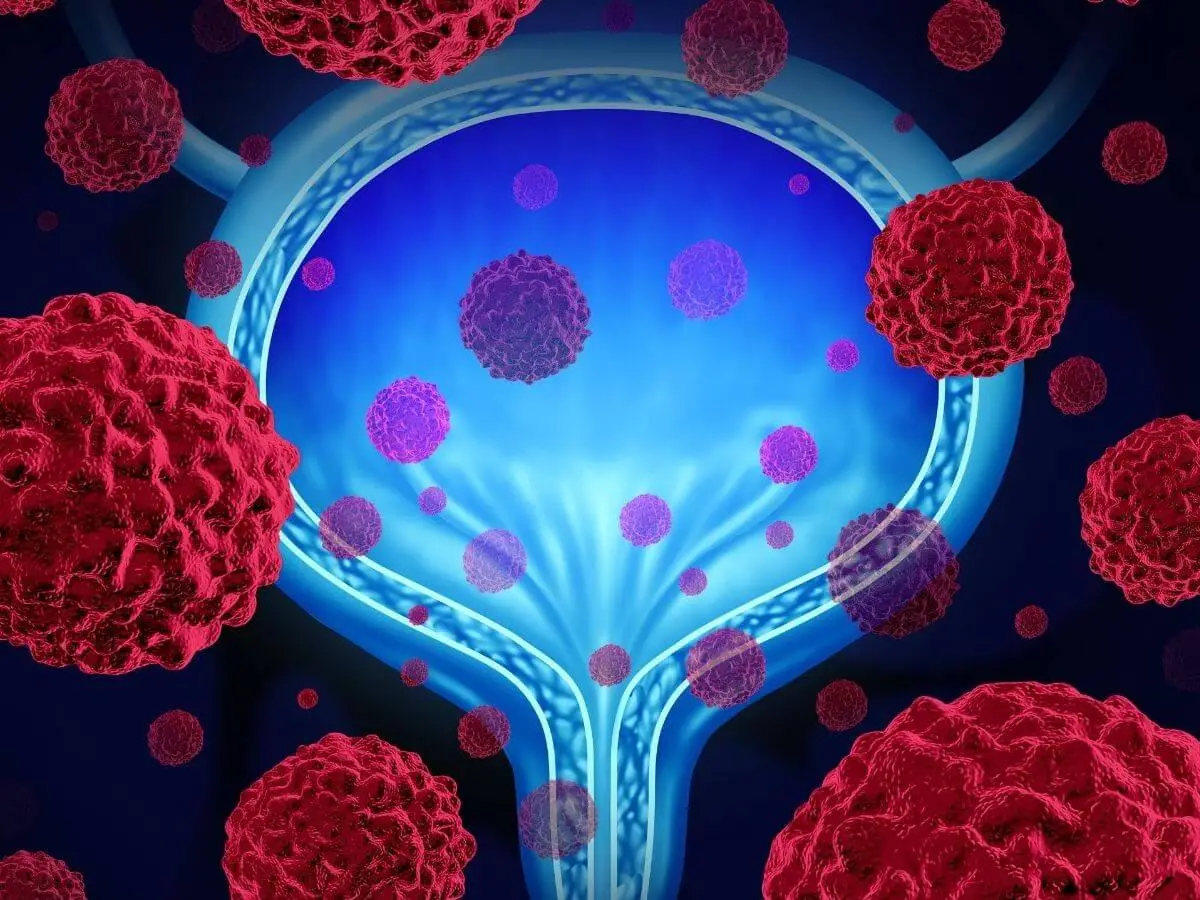
Tumors in the bladder, uterus or prostate can cause pain when urinating, in addition to other symptoms such as constant pain, presence of blood in the urine, unexplained weight loss and excessive tiredness.
Finally, it is important to consult a doctor to confirm the diagnosis. This way, you can start treatment as soon as possible. For example, treatment with curative intent, immunosuppressive medications and hormone blockers and in some cases there may be a need for surgical intervention.
Pain when urinating: how to avoid it
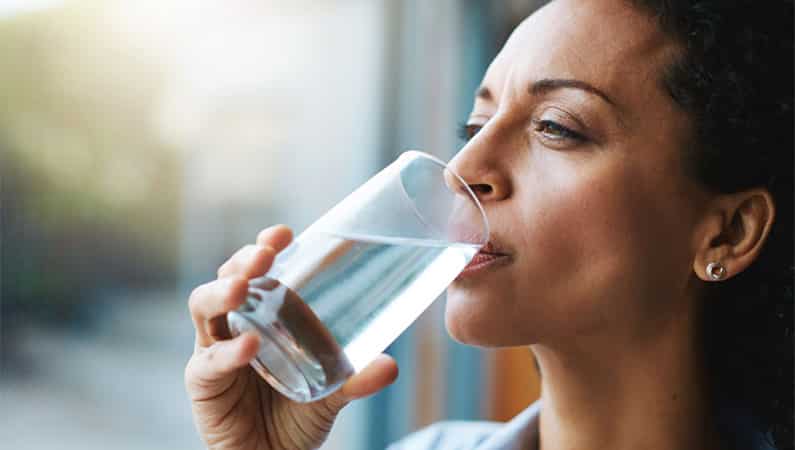
One of the best ways to prevent diseases that can cause various symptoms, including painful urination, is by adopting healthier habits. For example
- Drink plenty of fluids: by consuming water, teas and juices (without sugar) you will help hydrate and cleanse your body. Since drinking fluids helps eliminate bacteria.
- Don’t hold your urine: another tip is not to hold your urine for a long period. Because, whenever you pee, you eliminate bacteria present in the urinary system. This prevents them from accumulating or multiplying, reducing the risk of infection. So, whenever you feel like it, pee.
- Urinating after sexual intercourse: according to doctors, it is recommended to urinate after sexual intercourse. This way, bacteria that could enter the urethra are eliminated. However, showers or spermicides are not recommended for the genital region. This can end up encouraging the entry of bacteria into the urine duct, resulting in infections.
- Foods rich in vitamin C: finally, consume foods that are rich in vitamin C, which works to strengthen the immune system. Furthermore, it makes urine more acidic, helping to reduce the growth of bacteria.
Finally, if the pain when urinating and the burning sensation persists for more than 3 days, see a doctor to find out the cause and recommend the best treatment.
So, if you liked this article, find out more about the subject at: Peeing all the time, what could it be and what can you do to improve it?

Sign up for our newsletter and stay up to date with exclusive news
that can transform your routine!
Warning: Undefined array key "title" in /home/storelat/public_html/wp-content/plugins/link-whisper-premium/templates/frontend/related-posts.php on line 12
Warning: Undefined array key "title_tag" in /home/storelat/public_html/wp-content/plugins/link-whisper-premium/templates/frontend/related-posts.php on line 13

